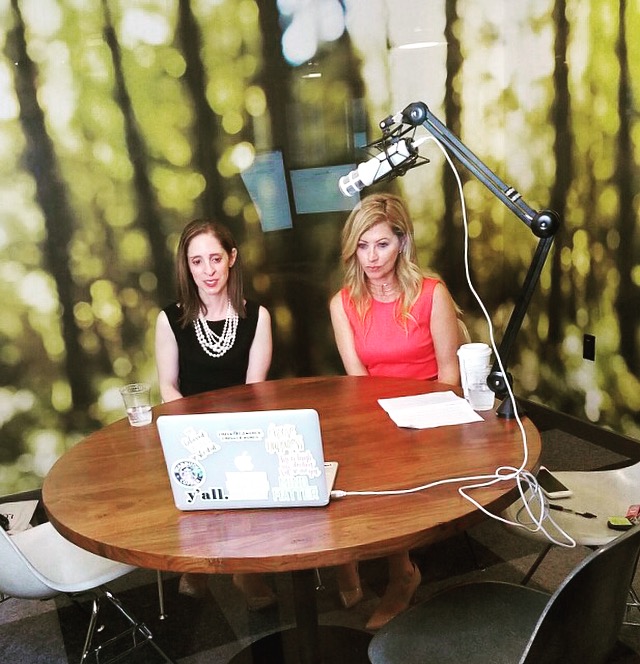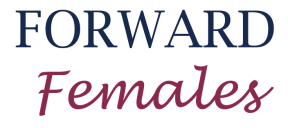
Jennifer Gefsky is the Founder and CEO of Après, a company geared toward women who left their professions to be home with their families and are now looking to go back to their careers. Gefksy, herself, was a high-powered lawyer at Proskauer Rose LLP and then at Major League Baseball before choosing to become a full-time mom. She wants employers to recognize the value that these women bring to the table – they are reenergized, loyal and hardworking. Après curates job postings featuring companies that have made a pledge to hire women returning to the workforce. Après also has career coaches to help women navigate this transition. Après now has 35,000 members from around the U.S.
What advice would you give to a mom who chooses to leave the workforce? What should she be doing?
Strategically think about volunteer work – Volunteer at a nonprofit where you can network and meet people as well as expand your skill set.
Keep up with your connections – Put in the effort to grab coffee with old colleagues, write emails periodically and don’t let your networks fall by the wayside.
Keep your toes in the water if you can – Find consulting projects, stay current on what’s going on in the world and in your industry.

You’re working within the current system and helping women make these transitions but how can we change the system?
Changing the system is going to take a lot of time to accomplish. The workplace doesn’t value the fact that women have children. In fact, it’s considered a negative. In addition to dealing with guilt, women are dealing with disengagement from their employers (they’re given less important projects, etc.). There’s also a bias that exists – men like to work with men. People think men make better leaders. It’s hard to change the culture. It’s going to take a lot of effort. And women need to stand up for themselves. They need to vocalize what they need from their employers instead of just jumping ship.
Part-time work is known to offer more flexible hours but ultimately ends up being the same overall time commitment as full-time work – with half the pay. How do we ensure that a part-time job stays part-time?
Because we’re living in the digital age, when you leave work you never really leave work. Lines have to be drawn very clearly. Be available when you’re on the clock. If you are being paid to work two days a week, only answer emails and phone calls those two days a week.

Is there a company that represents the model for what should be done?
PricewaterhouseCoopers is very smart about retaining women and maintaining a connection with those who leave. If a woman leaves the company, for up to five years, PwC continues to pay for professional training and each woman is assigned a partner at the office who keeps her up to speed on what’s happening internally. This is a brilliant play. PwC demonstrates that they want you and these women want to come back.
What was your biggest career mistake?
Taking a career break without researching and talking to women who did that. I didn’t take a break with my eyes wide open. Not that I would have made a different decision, but I would have made it with more clarity. I also didn’t investigate alternative opportunities for myself (i.e. part-time or flexible positions). I just left without exploring.

